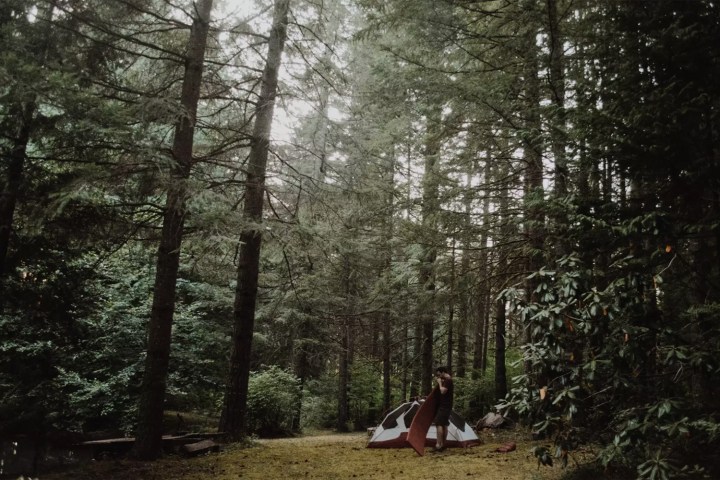
Airbnb is trying to win back users with some new features, but for some travelers, supporting the company has become somewhat of an be an ethical conundrum. Thankfully, there are plenty of websites like Airbnb, each of which provides something slightly different from the infamous hospitality service. Whether you’re looking to book a family-friendly staycation or a patch of land in rural Montana, check out the Airbnb alternatives below.
Thinking of renting out your home? We’ve created a guide on what you need to know about Airbnb, as well as a a few pointers on how to take great photos of your rental.
Kid & Coe

Airbnb and services like it may be great for couples, but for families, they’re often more trouble than they’re worth. Putting together a family trip is stressful enough, and having to contact Airbnb posters to see if your children can stay with you in your room can add to an already stressful experience.
Luckily, Kid & Coe makes it easier by only listing rooms that are family-friendly and ready for your kids (regardless of their age). Every listing comes with specific details on what type of toys and games are available, as well as an in-depth blurb on how the place is ideal for both parents and kids. The selection is limited, and it’s probably more expensive than staying in a traditional hotel, but Kid & Coe offers incentives that are hard to find within the confines of a beige hotel.
Boutique Homes

Those million-dollar listings aren’t just for the rich and famous — they’re now for the slightly rich, too! Boutique Homes allows you to stay in some of the most impressive homes from around the world, some of which are extravagant pieces of modern art, while others are charming, picturesque homes straight out of a 19th-century oil painting. Every listing on the site is invitation only, however, meaning it’s designed to showcase only the most dazzling of properties.
Beauty, however, doesn’t come cheap. The average listing hovers around $600 a night, though you can find some homes for about $100 if you book far enough in advance.
Overnight

For procrastinators — or those unexpectedly stuck in a town they’ve never been to — the Uber-like Overnight can quickly calm your nerves, allowing you to book a place in a matter of minutes.
The app works in a similar fashion to Airbnb, but the process is much faster. The site provides a list of available rooms, homes, or couches near your location, and after you choose a listing, the host has a mere 10 minutes to respond to your request. If the host declines you as a guest, then you can move on to the next listing and start over. It’s a quick process, and hosts are verified via both a background check and government-issued ID.
Home Exchange

For you next vacation, why not stay in someone else’s house without paying a dime? Home Exchange allows you to do exactly that, though, there is a catch: The homeowner of the place you’ll be staying in will also be vacationing in your place for free.
It’s a novel idea, however, there are some drawbacks. Property damage is a viable concern, and you’ll have to schedule your vacation around when the owners of the house you’ll be staying in are willing to leave. It can get tricky, but if you’re flexible and not overly concerned about potential damages, you’ll have access to more than 65,000 homes scattered throughout 150 countries.
Hipcamp

Hipcamp is basically Airbnb, but for campsites. The website showcases openings at public parks, and property owners can list their property on Hipcamp for those who want to sleep under the stars and avoid the crowds at the same time.
The site lists more than 300,000 campsites — including coveted sites in Moab, Yosemite, and other national parks — and spans all 50 states. The sites are also reasonably priced given the surrounding beauty, but keep in mind that listings tend to dry up quicker on holiday weekends (Memorial, Labor Day, etc.). That being the case, be sure to book far enough in advance to get the location you want at a price that works for you.


